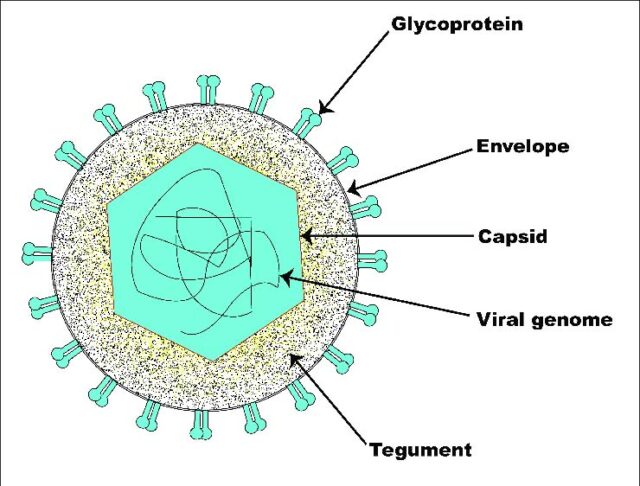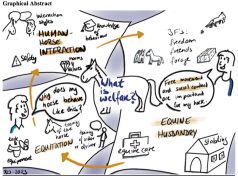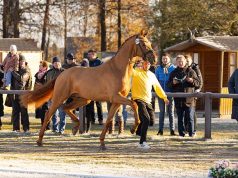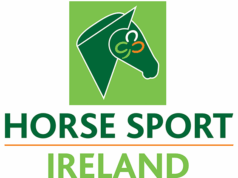By Sonja Egan PhD
Reports of an outbreak of the Equine Herpes Virus – 1 (EHV-1) hit equestrian headlines following confirmation of 11 positive cases in Valencia, Spain on February 20. An Influx of images and videos appeared on social media of horses clearly suffering and debilitated, and polarised opinions began to emerge.
One side spoke of the hysteria surrounding EHV-1, while the other outlined the life-threatening and challenging environment the virus had created in affected stables and venues. The outbreak of EHV-1 echoes much of what many of us have experienced over the previous year of the COVID-19 pandemic: Avoid infection hotspots, limit movements, maintain distance from others, keep spaces well ventilated, and constantly wash your hands.
Many livelihoods have already been affected by the COVID-19 pandemic, equally outbreaks of EHV-1 have been associated with substantial economic losses. Thus, it is important to take steps now to mitigate the risks of ‘local’ EHV-1 outbreaks and understand what must be done to minimise the spread of the virus.
In response to the EHV-1 outbreak the FEI moved to cancel all affiliated events/classes on continental Europe until the end of March. This embargo on equestrian events was subsequently extended until April 11, 2021 based on a risk assessment by leading epidemiologist Dr Richard Newton, and due to the continued impact of the virus.
The FEI are working to establish the gene sequencing of the virus strain and have formed a ‘Epidemiology Working Group’ focused on this outbreak. They state that reports and recommendations arising from the working group are to be published weekly. As of March 17, the FEI have confirmed 17 fatalities due to EHV-1. To date, 10 countries have confirmed cases, with one being reported in the United States, although this was not related to the European outbreak.
Vaccination for herd immunity
There have been several formal and informal conversations surrounding the EHV vaccine and its efficacy in neurological cases: The FEI has stated that they will not move to make it mandatory for competing horses. However, this does not mean we should disregard vaccinating against the virus. Both the British Equine Veterinary Association (BEVA) and the Belgian Equine Practitioners Society (BEPS) have advised that owners should consider EHV vaccination, and that vets should encourage herd-wide vaccination.
General EHV vaccination rates are low; hence we are now seeing vaccine shortages due to lack of supply. The current vaccines may not prevent the neurological effects of the virus but, as we are learning with COVID-19, vaccination does not guarantee infection prevention, but it does dampen the severity of infection.
The neurological form of virus is just one of the negative outcomes of EHV-1, although the vaccine does help to prevent abortion in pregnant mares and the respiratory form of illness. We will never be rid of EHV-1 due to the latency of the disease in the herd, hence obtaining greater herd immunity through vaccination will help to reduce general outbreaks of EHV, indirectly reducing overall negative outcomes of the virus.
Social media can be blamed for generating a panic concerning the virus, however it is important that we are made aware of the seriousness of the outbreak in order to proactively prevent or minimize the impact should we be faced with managing and treating infected horses... To read the complete article you need to be a subscriber
CLICK HERE TO SUBSCRIBE TO BREEDING NEWS
SUBSCRIBERS CAN READ THE COMPLETE ARTICLE BY LOGGING IN AND RETURNING TO THIS PAGE




